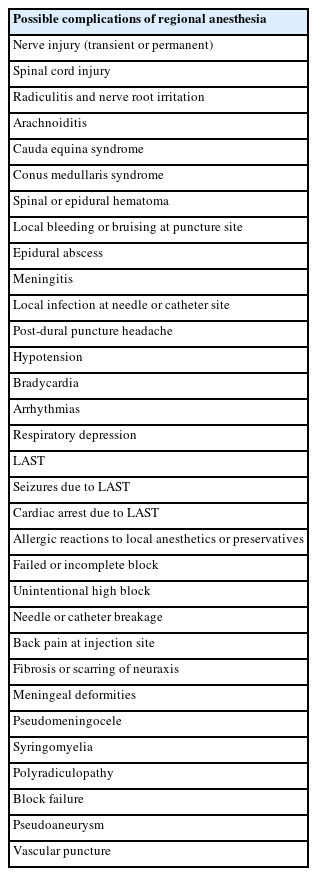
 , Hyun Kang
, Hyun Kang

 , Oh Haeng Lee
, Oh Haeng Lee , Hyun Kang
, Hyun Kang
Citations

 , Minsung Kim
, Minsung Kim
Enhanced recovery after surgery (ERAS) protocols are designed to minimize surgical stress, preserve physiological function, and expedite recovery through standardized perioperative care for primary colorectal surgery patients. This narrative review explores the benefits of current ERAS protocols in improving outcomes for these patients and provides insights into future advancements. Numerous studies have shown that ERAS protocols significantly reduce the length of hospital stays by several days compared to conventional care. Additionally, the implementation of ERAS is linked to a reduction in postoperative complications, including lower incidences of surgical site infections, anastomotic leaks, and postoperative ileus. Patients adhering to ERAS protocols also benefit from quicker gastrointestinal recovery, marked by an earlier return of bowel function. Some research indicates that colorectal cancer patients undergoing surgery with ERAS protocols may experience improved overall survival rates. High compliance with ERAS protocols leads to better outcomes, yet achieving full adherence continues to be a challenge. Despite these advantages, implementation challenges persist, with compliance rates affected by varying clinical practices and resource availability. However, the future of ERAS looks promising with the incorporation of prehabilitation strategies and technologies such as wearable devices and telemedicine. These innovations provide real-time monitoring, enhance patient engagement, and improve postoperative follow-up, potentially transforming perioperative care in colorectal surgery and offering new avenues for enhanced patient outcomes.
Citations


Enhanced recovery after surgery (ERAS) aims to promote postoperative recovery in patients by minimizing the surgical stress response through evidence-based multimodal interventions. In 2023, updated clinical practice guidelines were published in North America, potentially superseding the most recent guidelines previously announced at the ERAS Society in 2019. This review compares and reviews these two guidelines to examine the principle of ERAS and items related to colorectal surgery and to introduce the latest relevant study results published within the last 5 years. In the pre-hospitalization stage, the concept of pre-hospitalization is emphasized; this involves checking and reinforcing the patient’s nutritional status and physical functional status before surgery. In the preoperative stage, large-scale studies have prompted a change in the recommendation of mechanical bowel preparation combined with oral antibiotics in elective colorectal surgery. In the intraoperative stage, laparoscopic surgery has become a widespread and important component of ERAS, and more technologically advanced single-incision laparoscopic surgery and robotic surgery are the focus of active research. Ileus-prevention items, such as opioid-sparing multimodal pain management and euvolemic fluid therapy, are recommended in the postoperative stage. The adoption of ERAS protocols is expanding to encompass a wide range of surgical procedures, clinical scenarios, healthcare institutions, and professional medical societies. In order to maximize the effect by increasing adherence to ERAS, medical staff must fully understand the clinical basis and meaning of each item, and the protocol must be maintained and developed steadily through a team approach and audit system.
Citations


